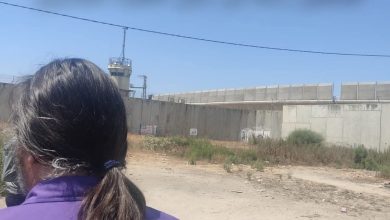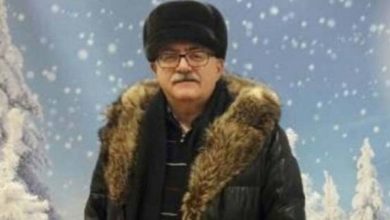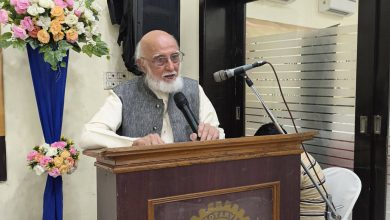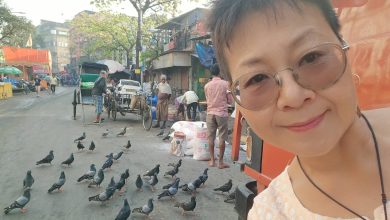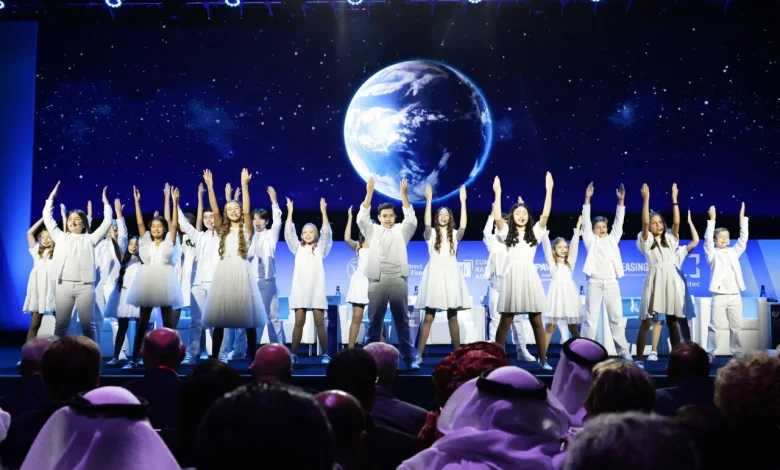
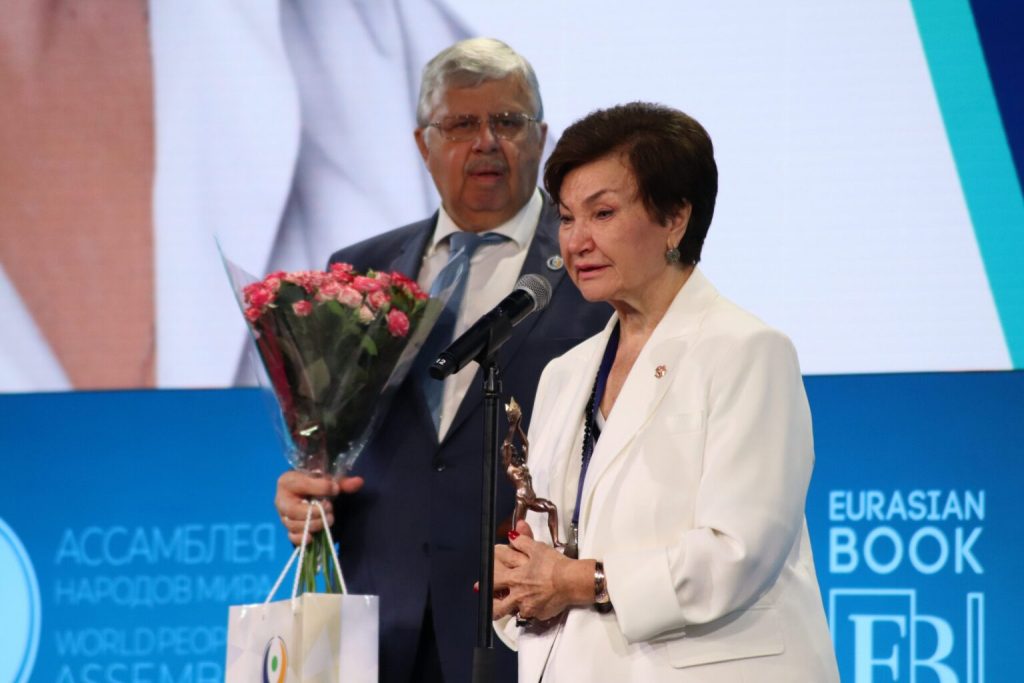
Speakers from the UK, China, Italy, Russia, Venezuela, France, Morocco, Kazakhstan, and Germany discussed culture as a “bridge for rapprochement” during the panel session “Culture as the Foundation of Trust on the Path to World Harmony.” Juan Miguel Díaz Ferrer, a professor at the Venezuelan Diplomatic Academy and former Deputy Minister of Culture of Venezuela, characterized the role of culture in international relations as follows: “Culture is the best bridge for bringing people together.”
Samir Jamai, a professor of art education, Vice President of the Association of Moroccans Worldwide for Communication, Development, and Social Services, and founder of the SAJA brand, believes: “When politics builds walls, culture tears them down.”
Roberto D’Agostino, founder of RDA Consulting, visiting professor at Ural Federal University, and Honorary Consul of Italy in Yekaterinburg, describes culture as “the diplomacy of the human heart, which builds trust.”
The theme of culture as a meaning-making factor for all civilizations was repeatedly raised at the venues of international associations.
Mohammad Esmail Khazzar, CEO of Mir Business Bank, announced the creation of a SCO bank for cooperation in green industry, digital diplomacy, and energy during the panel session “SCO: A Space of Trust Between Peoples.” He emphasized the importance of settlements in national currencies and the development of the North-South corridor.
Madi Bolero Hamada, former Prime Minister of the Union of the Comoros, at the panel session “Africa in the Modern World: A New Era of Cooperation and Partnership,” stressed: “Africa’s role is not just about resources. The African Union’s presence in the G20 helps the Global South be heard.”
The panel session “International Cooperation: Science and Education. Meeting of Rectors” was dedicated not only to cooperation in these fields but also, for the most part, to the challenges of upbringing. “Universities are conduits of humanism, peace, and respect for differences; their mission is to build the human being,” emphasized Adnan Badran, former Prime Minister of the Hashemite Kingdom of Jordan.
To conclude the first day of the World Pub;ic Assembly, , a ceremony was held to award the winners of the “Leader of Public Diplomacy – 2025” competition. Six first-degree diplomas were awarded to representatives from Lebanon, Indonesia, France, Russia, and Japan. “Unity of hearts” is the main result of the competition, noted laureate Elena Koreda from Japan.
An unexpected feature of the award ceremony was that, alongside the laureates, the honorary badge “People’s Diplomat” from the SCO Public Diplomacy Center in Uzbekistan was also awarded to Natalia Zabolotskikh, Program Director of the World Public Assembly and coordinator of the “Leader of Public Diplomacy” competition.
Svetlana Smirnova, Chairwoman of the General Council of the Assembly of the Peoples of the World, reminded that the first competition was held in 2015 in Perm and immediately went beyond Russia. Now that the competition has become international and continues to develop, it has every prospect of literally covering all countries of the world.
Awards were also presented for the “Trust and Unity” Grant Competition. The competition received 76 applications representing projects in the fields of children’s diplomacy, education, international scientific cooperation, preservation of historical memory, creative practices, and leadership communities. The jury selected 6 winners. Igor Khalevinsky, Chairman of the Council of the Association of Russian Diplomats, member of the General Council and the High Advisory Council of the Assembly of the Peoples of the World, noted the “new scale” of the competition and the “innovative approaches” of its participants during the award ceremony. “We look forward to even more projects and sincere stories that change the world,” he said.
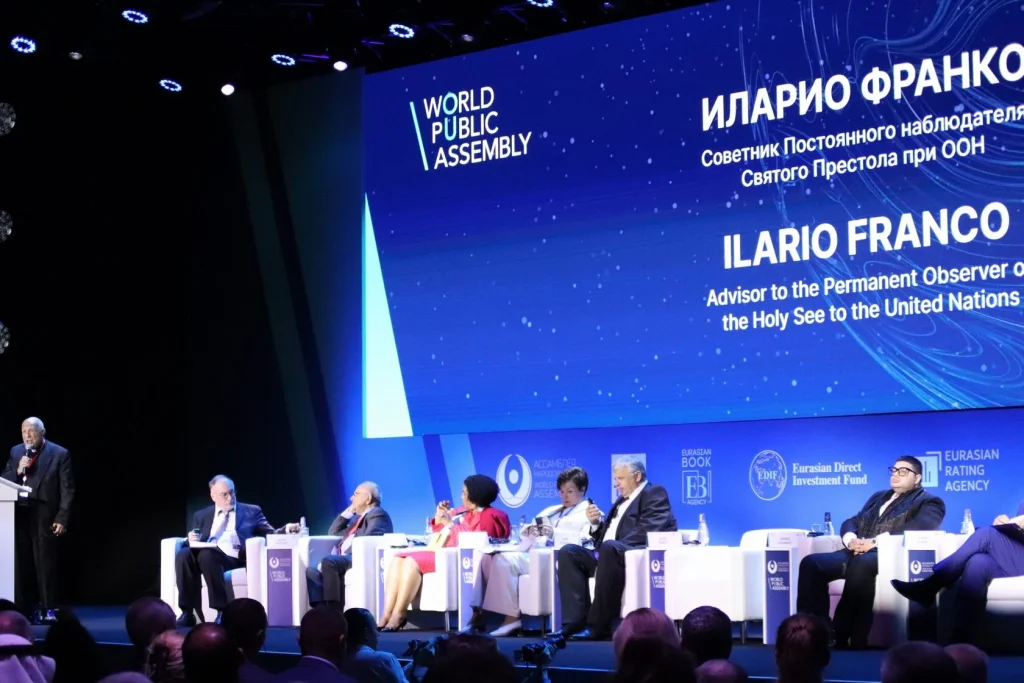
Award “For Service to Humanity”: A Symbol of Gratitude of Nations
On the International Day of Peace, September 21, a historic event took place — for the first time, the Public Recognition Award “For Service to Humanity” was presented. Its first laureates are representatives of Russia, Jordan, Tajikistan, Kazakhstan, Angola, India and the United Kingdom.
The awards were presented to: Russian philosopher, writer, public figure Alexandra Ochirova, former Prime Minister of Jordan Adnan Badran, former Secretary General of the Shanghai Cooperation Organization Rashid Alimov, Kazakh composer Tolegen Mukhamedzhanov, public figure Sabena Johannes, Chairman of the Council of the Association of Russian Diplomats Igor Khalevinsky, representative of the Indian National Congress Dalbir Singh, Professor Bhai Sahib Mohinder Singh Ahluwalia.
These names sounded like a symbol of spiritual leadership and humanism.
“No one in the world can resist united minds,” concluded UNESCO Goodwill Ambassador Alexandra Ochirova.
“We must awake as one,” said Madame Sabena Johannes, founder of Afritrack Angola, quoting her “Voice of Reason” Appeal to humanity, which she sent to the Assembly participants.
The current global situation is characterized by a sharp increase in geopolitical, economic and humanitarian challenges. Disunity between states is intensifying, trust deficits are growing, and competition between value systems and development models is intensifying. In these circumstances, the role of public diplomacy, humanitarian cooperation, and public and cultural initiatives that can offer an alternative architecture for peaceful coexistence is of particular importance.At the WPA discussion platforms devoted to the economic sphere, the main idea was that it is possible to effectively develop economies only by developing trust between people. International partnership must have a humanitarian basis. Experts from different countries agreed that the new model of development is the “economy of life.” “Economics begins with the search for meanings. It is based on a human being,” said Svetozar Darnev, Head of the Russian association Osnova.
Cognitive WarfareThe topic of the role of modern media in shaping the new architecture of the world was particularly acute in the discussions. “Today the cognitive goes against all nations, against spirituality. The media must return the cultural code to us,” said Russian journalist Oleg Yasinsky. Argentine film director Silvana Yarmolyuk recalled the power of cinema, and producer Olga Azhnakina recalled the importance of glorifying creative work.
Peacemaking and the Energy of the Future
The experts of the peacekeeping sites discussed the ways to overcome conflicts on the planet. “When the economy comes first, rather than people, it becomes the cause of all wars,” said Alexander Usanin, professor at the Academy of Geopolitical Problems. Holger Thorsten Schubert, President of the Neutrino Energy Group, emphasized: “Whoever controls energy controls peoples.” But the experts also pointed out that the solution lies in science and technology.
Values are Higher Than Differences
The Second Congress of the World Organization of Writers (WOW) attracted special attention. Writers from more than 60 countries discussed creative issues, translations, book fairs, support for young authors, and more. One of the central places in the discussions was occupied by the use of artificial intelligence. “We can use AI as a tool, but we can’t rely on it. Otherwise, we give up emotionality,” said Aminur Rahman, a poet from Bangladesh.
At the WOW-2025 World Literary Award ceremony, authors from Brazil, China, Indonesia, Syria, France and Russia were awarded.
In the face of modern challenges, the idea of uniting the efforts of countries and peoples to achieve common humanitarian goals is more relevant than ever. UNESCO’s “Uniting Humanity” project aims to create a platform for dialogue and exchange of experience between different cultures and peoples. Representatives of international intergovernmental and non-governmental organizations, experts in the field of education, science, culture, and communications discussed this global concept at the WPA site.”Cooperation in student exchanges, volunteers, forums of the Islamic organization, mutual assistance to entrepreneurs with access to the markets of different countries – all this helps people to live in the right balance, in harmony with each other,” said Rasul Omarov, Director General of the Youth Forum of Islamic Cooperation from Turkey.
Alexandra Ochirova, member of the State Commission of the Russian Federation for UNESCO, UNESCO Goodwill Ambassador and Laureate of the Award for Service to Humanity, noted that the most important thing is investing in human capital.
“The people must choose for themselves what they need for their children and humanity. Civilizational continuity is mandatory. The most important investment is an investment in human capital,” Ochirova said.
However, the sessions that form the basis of the WPA: “International Cooperation: Science and Education. Rectors’ Meeting”, “Humanitarian Modernization is an Imperative for the Development of Modern Civilization”, “Meanings as a Strategic Resource for Development, Society, State, and Man”, “International Cooperation in the Scientific and Educational Sphere as a Factor of Sustainable Development” were devoted to humanitarian values, the development of education and science.
Uniting the Leaders of Public Diplomacy is a Union of Hearts
A landmark event of the WPA, which confirms the value of international cooperation at the level of human contacts, was the summing up of the IV Contest “Leader of Public Diplomacy – 2025”. On the sidelines of the World Public Assembly, 25 finalists were selected as laureates of the I, II- and III-degree. People who are engaged in humanitarian projects of international cooperation embody the main idea of the Assembly – building a world of conscious unity. “Unity of hearts” is the main result of the Contest, said Elena Koreda, a laureate from Japan.
A special point in the award ceremony was the presentation of the honorary badge “People’s Diplomat” of the SCO Public Diplomacy Center in Uzbekistan. The badge was awarded to Natalia Zabolotskikh, Program Director of the World Public Assembly and coordinator of the “Leader of Public Diplomacy” Contest.
Agreement in Worldview Reflects Agreement in Actions
An unprecedented number of cooperation agreements were signed on the sidelines of the First World Public Assembly. 71 documents were signed by representatives of Brazil, the Vatican, Germany, Mexico, Turkey, Uruguay and other countries.
Of these, 35 agreements with non-profit organizations representing 16 countries were signed by the World Public Assembly.
The WPA partners signed 36 agreements on the sidelines of a large-scale public forum.
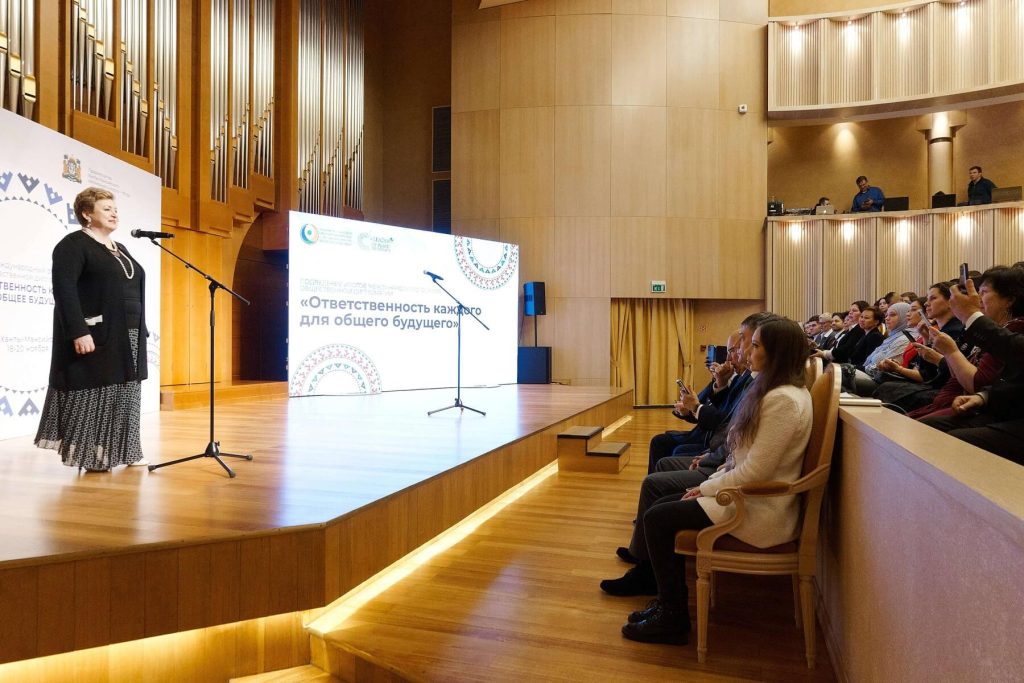
WPA Final Documents
The outcomes of the First World Public Assembly will be four main documents reflecting its spirit.
“We call on peoples, governments, businesses and civil society to abandon the rhetoric of hostility and confrontation,” says the Declaration of the WPA “New World of Conscious Unity.”
“This Declaration proclaims the new goal of humanity — the building of a New World of Conscious Unity, where the happiness of everyone is inextricably linked to the well—being of all,” the Declaration on Happiness states.
“Conscious unity is not a utopia, but a practical choice. The choice we are making today. Together,” the Manifesto of Conscious Unity proclaims.
“We affirm the passionate power of Love, Kindness, Light, Beauty, and the immutable and eternal Laws of Life as the principle of universal humanization,” these words are enshrined in the Charter of the New World.
However, the First World Public Assembly has become an event that cannot be measured solely by decisions and declarations. Her main achievement is the atmosphere of unity. The participants took home the energy of cooperation and willingness for new projects. The WPA will be held annually, becoming an increasingly powerful platform for dialogue between cultures and peoples of the world.
The Second World Public Assembly will be held in Austria, in Vienna, Secretary General of the World Peoples’ Assembly Andrey Belyaninov said at the closing ceremony of the WPA.
150 countries. As part of the closing ceremony, multinational creative teams performed song and dance numbers reflecting the spirit and culture of various countries: from Russia to Indonesia and Madagascar.
On the day when the planet celebrated the International Day of Peace, established by the UN General Assembly, a new call was made in Moscow: “We must awaken as one.” This call has become the voice of the WPA addressed to all of humanity.
“We were all very worried about how this Assembly would go,” Andrei Belyaninov, Secretary General of the World Peoples Assembly, said at the closing ceremony. — It seems to me that we achieved what we wanted and drew attention to ourselves with our thoughts, our desires, our thoughts. I think it will be remembered for a long time by those who were with us these days. The Second World Public Assembly will be held next year in Vienna, Austria.”

